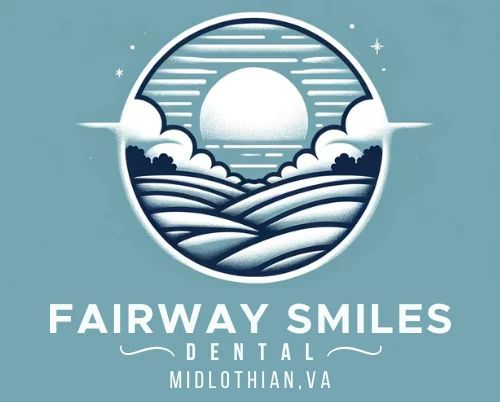What can Dr. Lipscomb do for me?
What can Dr. Lipscomb do for me?
Dentists like Dr. Lipscomb are often very effective at detecting sleep apnea, and getting you on the path to healthy sleep. Dr. Lipscomb will work with your medical and sleep doctors to find the right solution for you. He and his team will also work with your medical insurance to get the best coverage for your device and care. Starting in the summer of 2017 Dr. Lipscomb will work with Medicare benefits for sleep appliances.
The first step of your journey starts with the screening process. Dr. Lipscomb has been trained to spot some of the signs and symptoms of sleep apnea. Many of these can be seen in the mouth and deduced by asking the right questions. It is all about the attention to detail and the big picture.
After the screening, Dr. Lipscomb will help you down the right path. Dr. Lipscomb employs a Home Sleep Test (HST) to further screen many patients. The WatchPAT is an easy way to take biologic measurements on a patient while they sleep, and assess their risk for sleep apnea.
After in depth screening, Dr. Lipscomb may advise to work with a sleep physician and determine if further testing is needed. The sleep doctor may administer another HST or an in house sleep study. Once the study is done, the sleep physician will make the diagnosis and suggest the treatment needed. A positive airway machine (CPAP) may be suggested for moderate cases of apnea, but a dental appliance can be appropriate for those with mild or moderate obstructive sleep apnea. Dental appliances can also be assigned for those who cannot wear CPAP machines or refuse it. A smaller set of patients may benefit from a dental appliance in tandem with a CPAP machine.
If a dental sleep apnea appliance is deemed necessary, the patient will return to Dr. Lipscomb who will do a thorough appliance exam and take impressions for the appliance. There are over 200 different types of dental sleep apnea appliances, but Dr. Lipscomb favors 4 or 5 different styles depending on your needs and insurance requirements. Medical insurance will often cover these devices, so all pertinent medical insurance information will be gathered at that time.
After the appliance is made in the dental lab, it will be fitted to the patient, and instructions will be given. Most appliances help move the jaw forward during the night to open the airway for better breathing. The patient will help move the appliance forward over time to find the optimum effect . The patient will return to Dr. Lipscomb on regular intervals to evaluate the appliance and make sure that it is effective and comfortable. After optimum movement, it may be suggested to return to the sleep physician for another study to evaluate the effectiveness of the appliance and to see if further treatment is needed. We hope that the appliance is helping you breath better, stop snoring and get a good nights rest.
